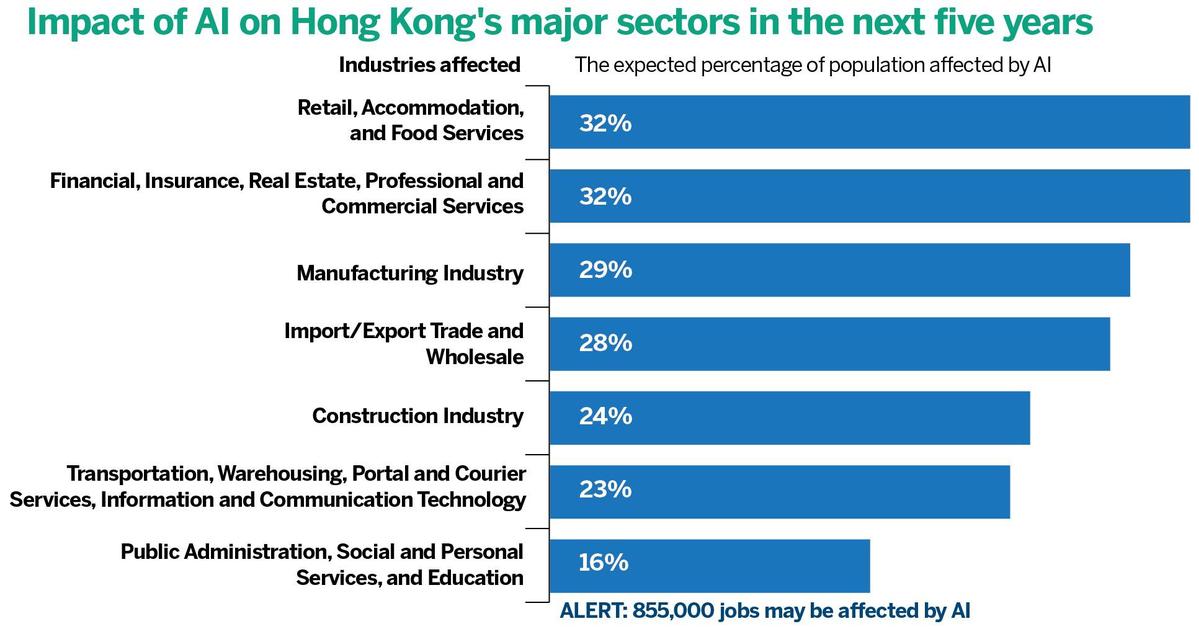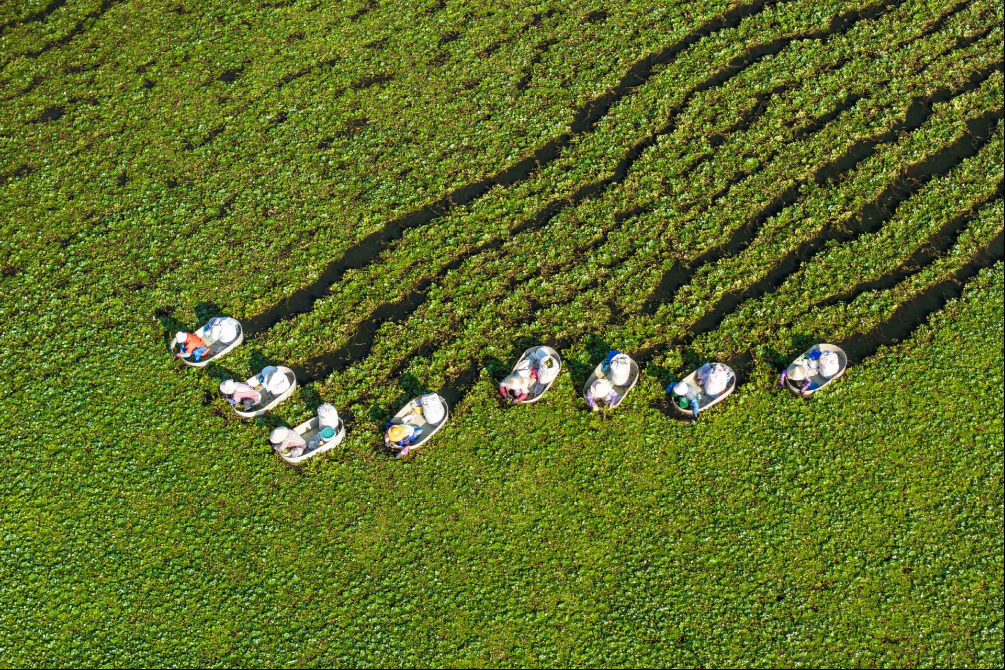Could supersmart machines replace humans?


Instinctive distrust
An international survey "Trust in AI" conducted from September through October 2022 by KGPM Australia, showed that 42 percent of 17,193 respondents from 17 nations (China and Singapore included) agreed "the world would be a far better place without AI" and 47 percent reported extreme anxiety that "AI would progressively destroy the human world and there are very significant risks associated with using AI in daily life." Another poll in May by Reuters/Ipsos recorded 61 percent of Americans believing AI could threaten civilization.
A McKinsey study forecast that up to 236 million jobs in China could be automated by 2030. Goldman Sachs in March predicted that AI could replace the equivalent of 300 million full-time jobs.
Ken Ip, chairman of Hong Kong-based Asia MarTech Society, foresees "occupations such as data entry, customer service, and administrative roles subject to transformation, as AI systems become better at handling these tasks."
Fear of technology displacing humans has been with us since the Industrial Revolution of the late 18th century. But while replacing low-grade work, mechanization created the need for higher-grade human roles to supervise the automation.
- China formulates 36 new laws since 2021
- Visitors explore Xinjiang's reclamation history at museum
- China Coast Guard fleet patrol waters off Diaoyu Islands
- Remains of 30 Chinese martyrs in Korean War returned to homeland from ROK
- Autumn harvest in full swing across China
- Belt and Road summit galvanizes grit for shaping shared future




































